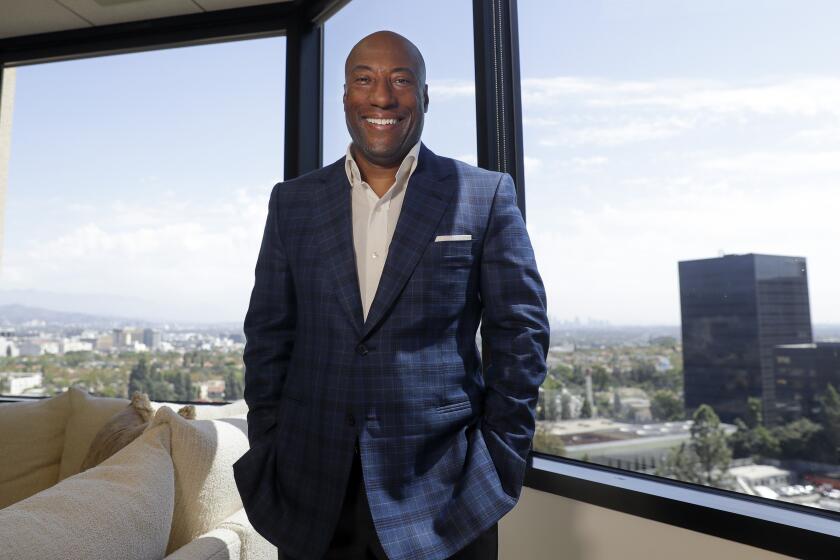Time Hails Verdict but Admits It’s Been Damaged
- Share via
NEW YORK — They cheered in the elevators and clustered in the corridors to shriek “We won! We won!” High above Rockefeller Center on Thursday afternoon, some staffers at Time Inc. also took time for what one called “a little discreet champagne.”
But the relief over Time’s victory in the libel suit filed by former Israeli Defense Minister Ariel Sharon was, as Richard Duncan, Time’s assistant managing editor and chief of correspondents, put it, “not uninhibited.” Said Ray Cave, Time managing editor: “This has been too long and expensive a deal to get jubilant about when it’s over.”
“I don’t think anybody is really a winner,” said Time senior writer William E. Smith, who wrote the cover story that sparked Sharon’s suit. “Everybody has paid some kind of price for it.”
In the case of the magazine, the cost was not merely the enormous legal expense of a battle that began nearly two years ago, but also a severe buffeting in public opinion and some damage to staff morale. Although the jury ruled finally in favor of Time, in earlier segments of its verdict it found that the Feb. 21, 1983, cover story was false and defamatory.
Media critics and other journalists have been especially critical of Time’s reporting methods and its conduct of the Sharon case. Despite Time’s legal victory, Reed Irvine, chairman of the conservative watchdog organization, Accuracy in Media, called the lawsuit “a black mark that would be hard to erase.” The magazine, he said, should “make a public apology for the sloppiness of its reporting in this case and should fire those responsible.”
Ben Bagdikian, a professor at the University of California at Berkeley, said Time had been hurt by the verdict because “it has been proven that Time ran a seriously inaccurate . . . account and its procedures--which were exposed at the trial--are not considered good procedures by good news organizations.”
But Jack Landau, director of the Reporters’ Committee for Freedom of the Press in Washington, congratulated Time for its “hard-won victory.” The case “affirms the fundamental value of the American system of news reporting as protected by the First Amendment--including an occasionally good faith error by even the most responsible news organizations,” Landau said.
Back in his office at Rockefeller Center after hearing the verdict in the courtroom Thursday morning, Cave likened the Sharon libel suit to a war.
“It has been a long, hard and exceedingly expensive siege,” Cave said. “And you’re glad both to win a war and to have it over.”
As for the jury’s findings that the Time story was false and defamatory, Cave said: “Those are hard knocks, but if you’re in a war, you get bloodied up now and again, and all that matters is that it’s won.”
And, while conceding that “no procedure is perfect,” Cave was adamant that the jury’s declaration Thursday that the magazine acted “negligently and even carelessly” would in no way alter Time’s news-gathering procedures.
Sharon’s attorneys had attacked Time’s reporting and writing methods during the course of the trial, pointing out, for example, that Smith, the writer in New York who compiled the final version of the story, never talked with David Halevy, the Jerusalem correspondent who filed the original item. And Halevy, whom the jury criticized by name for being careless, admitted during testimony that his report was based partly on “inference.”
“The procedures are sound,” Cave said. “They’ve served Time well for years, decades. They’re more sophisticated, more detailed than the procedures used by almost any other news-gathering organizations.”
More to Read
Inside the business of entertainment
The Wide Shot brings you news, analysis and insights on everything from streaming wars to production — and what it all means for the future.
You may occasionally receive promotional content from the Los Angeles Times.










